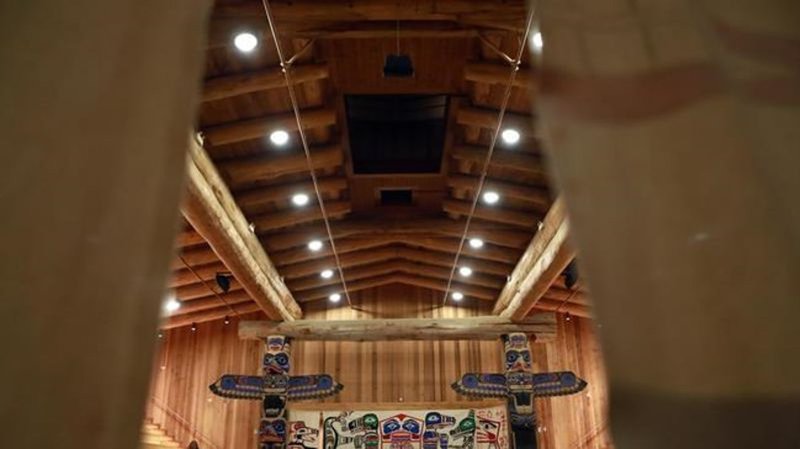
Apology ceremony allows Vancouver police to express regret to Heiltsuk, nation says
BELLA BELLA, B.C. — Members of the Vancouver Police Department are expected to take part in an apology ceremony today in an expression of regret for arresting and handcuffing an Indigenous man and his granddaughter when they tried to open a bank account.
The apology is part of a settlement agreement arising from a human rights complaint against the Vancouver Police Board filed by Maxwell Johnson of the Heiltsuk Nation in Bella Bella, on B.C.’s central coast.
A Bank of Montreal employee called police under the mistaken assumption that Johnson and his then-12-year-old granddaughter’s Indian status cards were fake, setting off the public arrest in December 2019.
The settlement included an undisclosed financial award to Johnson, $100,000 to fund the nation’s restorative justice department, and the development of a plan to improve police training on anti-Indigenous racism and “cultural humility.”
